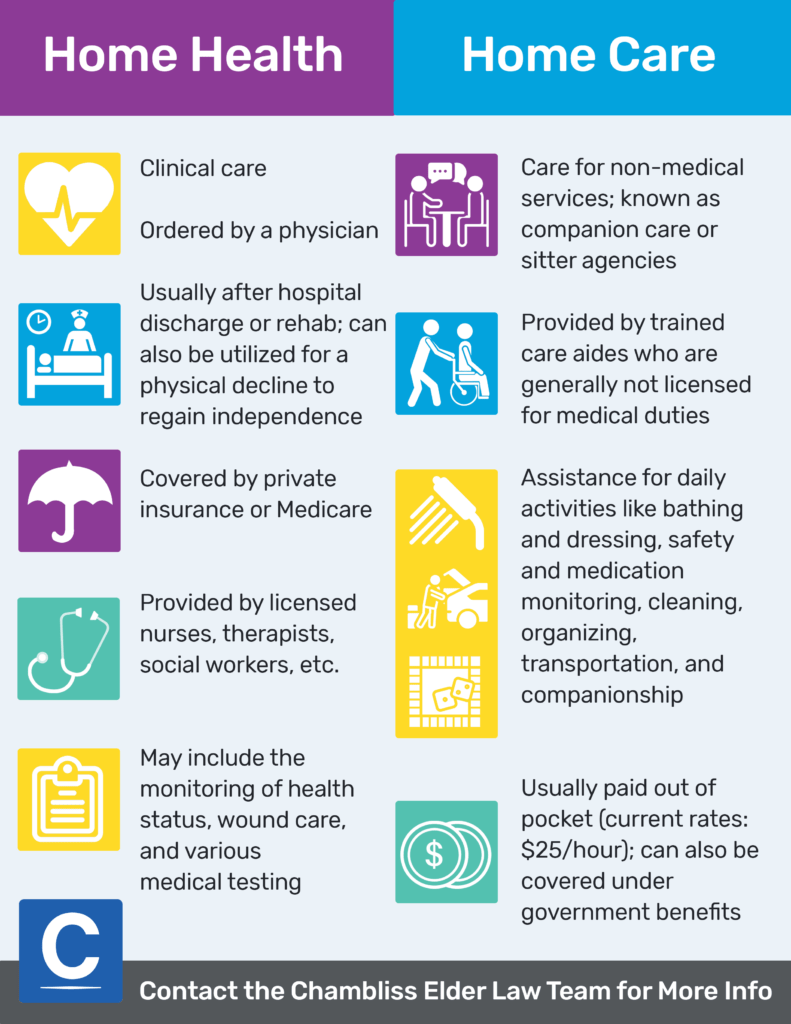Support at home plans: How to align services with your personal NDIS goals
Support at home plans: How to align services with your personal NDIS goals
Blog Article
All Regarding Home Treatment Services for Individuals With Disabilities: NDIS Registered Support
Home care solutions under the NDIS play a pivotal duty in sustaining people with handicaps. These solutions are developed to improve everyday living via tailored assistance, ranging from personal like mobility assistance. Understanding just how to browse these options can be intricate. This review checks out the numerous aspects of NDIS home care, from offered services to the selection of companies, highlighting essential factors to consider for those seeking assistance. The journey toward empowered treatment begins right here.
Understanding the NDIS and Its Purpose
The National Special Needs Insurance Policy Scheme (NDIS) acts as a transformative structure created to provide support and solutions for people with handicaps. Developed to boost the top quality of life and warranty equitable access to essential resources, the NDIS encourages individuals by providing customized strategies tailored to their distinct requirements. It intends to cultivate self-reliance, allowing people to seek their personal objectives and aspirations.Through a structured strategy, the NDIS designates financing for various assistances, consisting of education and learning, employment assistance, and community involvement. This all-inclusive scheme not only concentrates on prompt treatment but additionally highlights long-lasting developing outcomes. By promoting selection and control, the NDIS urges participants to pick their recommended solution companies, guaranteeing that treatment straightens with their preferences and values. Inevitably, the NDIS represents a significant dedication to enhancing the lives of individuals with handicaps, cultivating inclusivity, and constructing an extra encouraging culture.
Types of Home Care Provider Available
Various kinds of home care solutions cater to people with specials needs, mainly concentrating on individual treatment support and reprieve treatment choices. Individual care aid offers crucial assistance with day-to-day tasks, while reprieve care uses short-term relief for key caretakers. Recognizing these services is crucial for making sure the wellness of both individuals with impairments and their families.
Personal Treatment Aid
While steering every day life can present challenges for individuals with specials needs, personal care aid supplies important assistance customized to their unique needs. This kind of home treatment service encompasses a variety of activities developed to promote self-reliance and enhance lifestyle. Personal care aides assist with everyday tasks such as showering, clothing, brushing, and toileting, making certain people maintain individual hygiene and convenience. They may also assist with meal preparation, medication monitoring, and mobility support. By providing customized care, these specialists empower individuals to involve more completely in their social tasks and everyday regimens. In general, individual treatment assistance plays a substantial role in cultivating self-respect and freedom for those with handicaps, allowing them to grow in their home atmosphere.

Break Treatment Options
Respite care works as an essential source for households and caregivers of individuals with handicaps, offering momentary relief from the needs of day-to-day caregiving. This sort of service can take numerous forms, including at home respite care, where trained experts check out the home to assist with care jobs. Families may opt for facility-based respite treatment, where people get treatment in a specialized setting, allowing caretakers to take a break. Furthermore, some companies supply emergency reprieve solutions for unforeseen circumstances. These alternatives not only help relieve caretaker stress and anxiety however also promote the health of people with specials needs by offering them new experiences and social communication. In general, break care plays an essential function in supporting both caretakers and those they care for.

How to Accessibility NDIS Home Treatment Solutions
Accessing NDIS home care services includes understanding the eligibility criteria stated by the National Handicap Insurance Policy Plan. People must browse an organized application process to secure the necessary assistance tailored to their requirements. This section will certainly make clear both the eligibility demands and the actions associated with getting solutions.
Qualification Standards Described
To certify for NDIS home treatment services, people must satisfy specific qualification criteria that assess their requirements and conditions. Applicants need to be aged in between 7 and 65 years and have a significant and permanent impairment that influences their ability to do daily activities. Additionally, they need to be an Australian resident, a long-term local, or hold a Protected Special Group Visa. The NDIS needs evidence of the handicap, commonly through medical assessments or records. People should demonstrate that they need support to take part in financial and social life. These requirements ensure that solutions are directed towards those that truly require aid, advertising self-reliance and boosted high quality of life for individuals with disabilities.
Application Process Steps
Can I Select My Own Support Workers Via NDIS?
The individual inquired whether they might select their own assistance workers under the NDIS framework. Usually, individuals have the adaptability to pick assistance workers, cultivating personalized care that straightens with their specific demands and preferences.
What Takes place if My Needs Change After Receiving Support?
If a person's requirements adjustment after obtaining assistance, they should connect these adjustments to their company. Changes can be made to the care plan, ensuring that the assistance remains appropriate and reliable for their situations.

Exist Limits on The Number Of Hours of Care I Can Get?
The specific asked about potential restrictions on the variety of care hours got. Normally, such limitations might exist based on details policies or moneying plans, stressing the importance of reviewing standards and agreements on a regular basis.
Can I Make Use Of NDIS Financing for Home Adjustments?
The question of utilizing financing read what he said for home modifications develops often. Generally, people might use NDIS financing for essential alterations to their homes, ensuring availability and security, section upon conference specific qualification requirements and guidelines.
How Do I Take care of Problems About My Home Care Providers?
To attend to grievances concerning home care solutions, people should initially document their worries. They can connect directly with their service copyright, seeking resolution, or escalate the concern to pertinent oversight bodies if needed. Home care solutions under the NDIS play an essential function in sustaining people with impairments. Various types of home treatment services cater to individuals with handicaps, largely focusing on individual care support and break treatment alternatives. support at home. Personal care support gives necessary support with day-to-day tasks, while reprieve care supplies short-lived alleviation for main caregivers. Families may choose for facility-based break care, where individuals get care in a specialized setting, permitting caregivers to take a break. Just how can households successfully manage the financial facets of home treatment solutions for people with specials needs?
Report this page